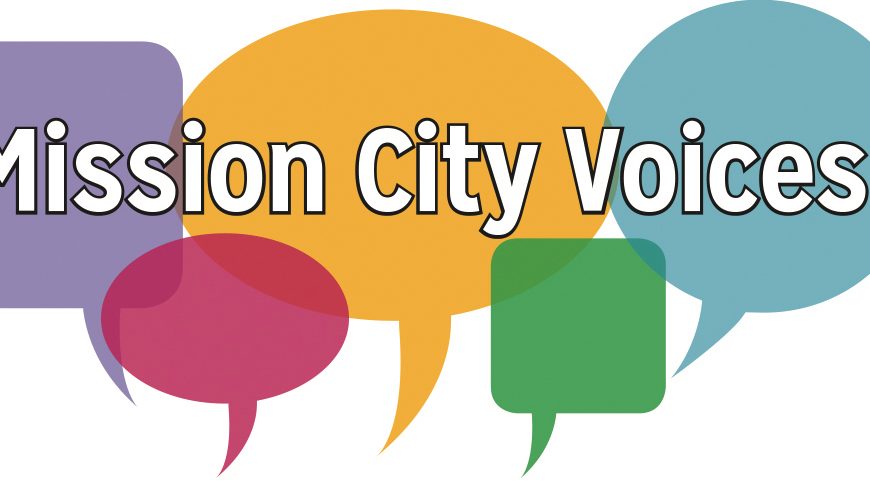It was 1973. I couldn’t remember what led me to the Westgate Convalescent Home but I’m glad we found each other. The home was well off my beaten path, but I was somehow led there. When I first interviewed for a position I was already working forty hours a week and going to school so I didn’t have a lot of spare time. I wanted to spend at least four hours a week helping out however I could. Summer was here and I was on school break. After a few months, I decided not to go back to school in the fall; I was now volunteering forty hours a week but somehow it never felt like another full-time job. As I was now the untested, energetic, new recreation leader my responsibilities were to keep patients busy and happy.
As the recreation leader, I was challenged to keep patients entertained and not stuck with a sedentary lifestyle. Every other day we met after their lunch period to exercise. We also watched movies and played bingo. They always loved getting out of their rooms and socializing with familiar faces. We had guest speakers come in and give lectures on various topics.
There were three categories of full-time patients living there. We took care of the elderly, some married. Most of the younger adults were with us for a few months because they were recovering from injuries. There was an assortment of kids and older teens with crippling diseases. Many of our patients did not have visitors and many of the kids were abandoned because their guardians could not care for them. We were now given the opportunity to be an extended family that lived together 24 hours a day.
During the course of working, I developed many close relationships with patients. I had the elderly married couple of over 60 years with no children and relatives now passed away. I noticed they didn’t have many visitors but they were like newlyweds— very happy and in love. I often extended my arm to a retired 98-year-old teacher when I escorted her to the living room. When we walked down the hallways she told everyone we saw that I was her date. Then there were the kids who I was drawn to. For the most part, these special kids were abandoned and now wards of the state. Many had a short time left.
A group of three brothers were here when I started, all with muscular dystrophy. Within the first year, two had died before they were 14 years old and the third died when he was 16 years old. All three were confined to wheelchairs and once a year at Christmas their parents would visit. The home was their family during the rest of the year. There was a young lady my age, about 22 years old and paralyzed from the waist down. She had been at the home the longest, over ten years. Her motor skills were great and she was very intelligent but she was confined to her wheelchair. I was sure that she would eventually be on her own.
My favorite patient was the one who had to struggle the most. I was drawn to her immediately because she reminded me of my sister. Carol could hardly use her arms, legs, or even her hands. She struggled just to keep her head up and used her chin and mouth to guide her battery-powered wheelchair with a little knob. She would love to go bowling in the living area. I would set the plastic ball on her lap and she would gently push and roll the ball down her strapped legs toward the pins. She was always excited to see those pins fall over. Though she couldn’t talk due to her paralysis, her quiet muffled laughter lit my heart each day. Carol finally passed away toward the end of my third year and I was heartbroken.
It was a wonderful experience to meet and help all those that lived in the home. I was able to learn and observe some of life’s great struggles. Many high school students now take the time to volunteer at many types of homes. What they learn there may be just as much, if not more valuable than many classes taught in school. It’s good for them to experience one of life’s greatest free lessons.
Mission City Voices
Do you have a personal essay that you’d like to submit for consideration? Email Editor@SvVoice.com subject line: Mission City Voices.







